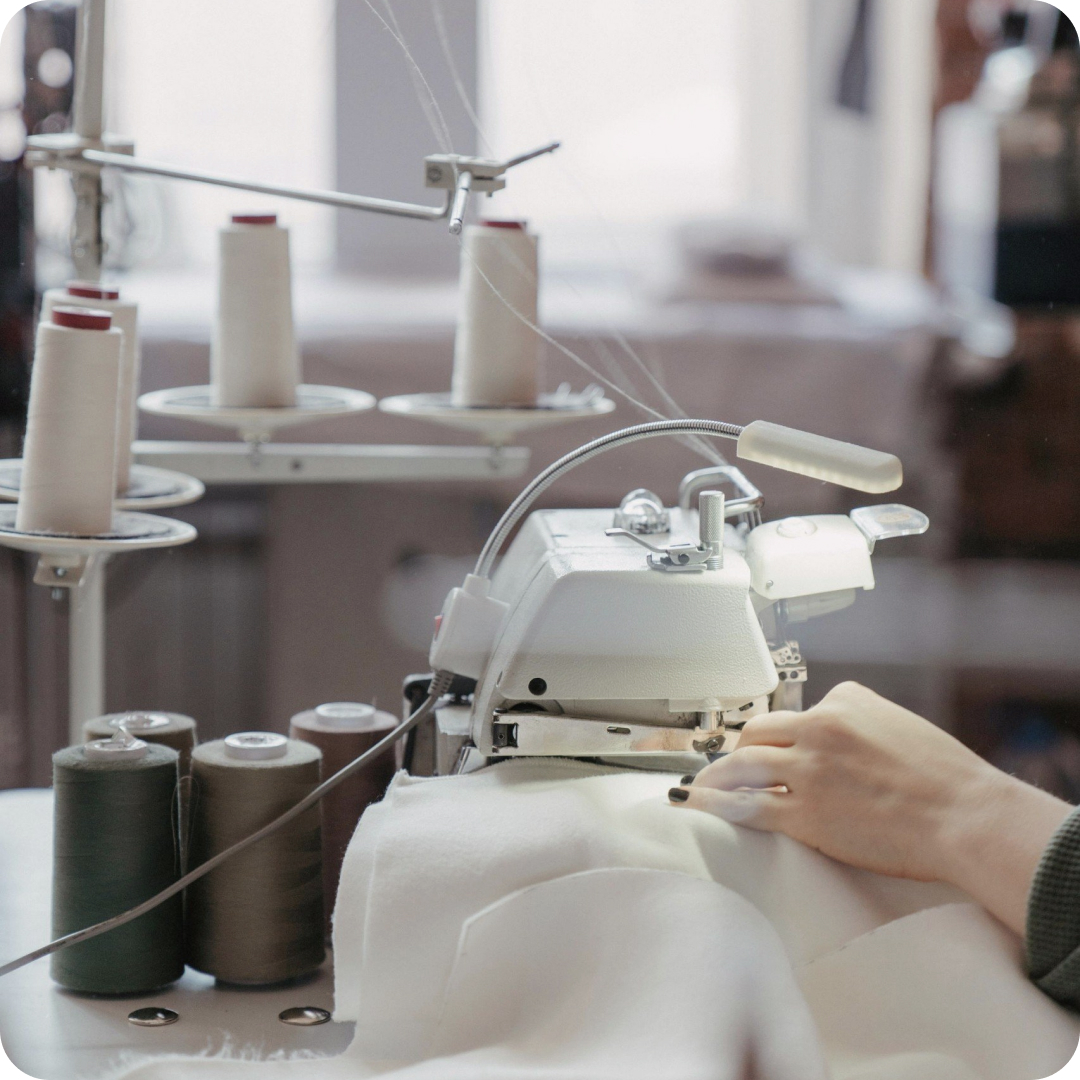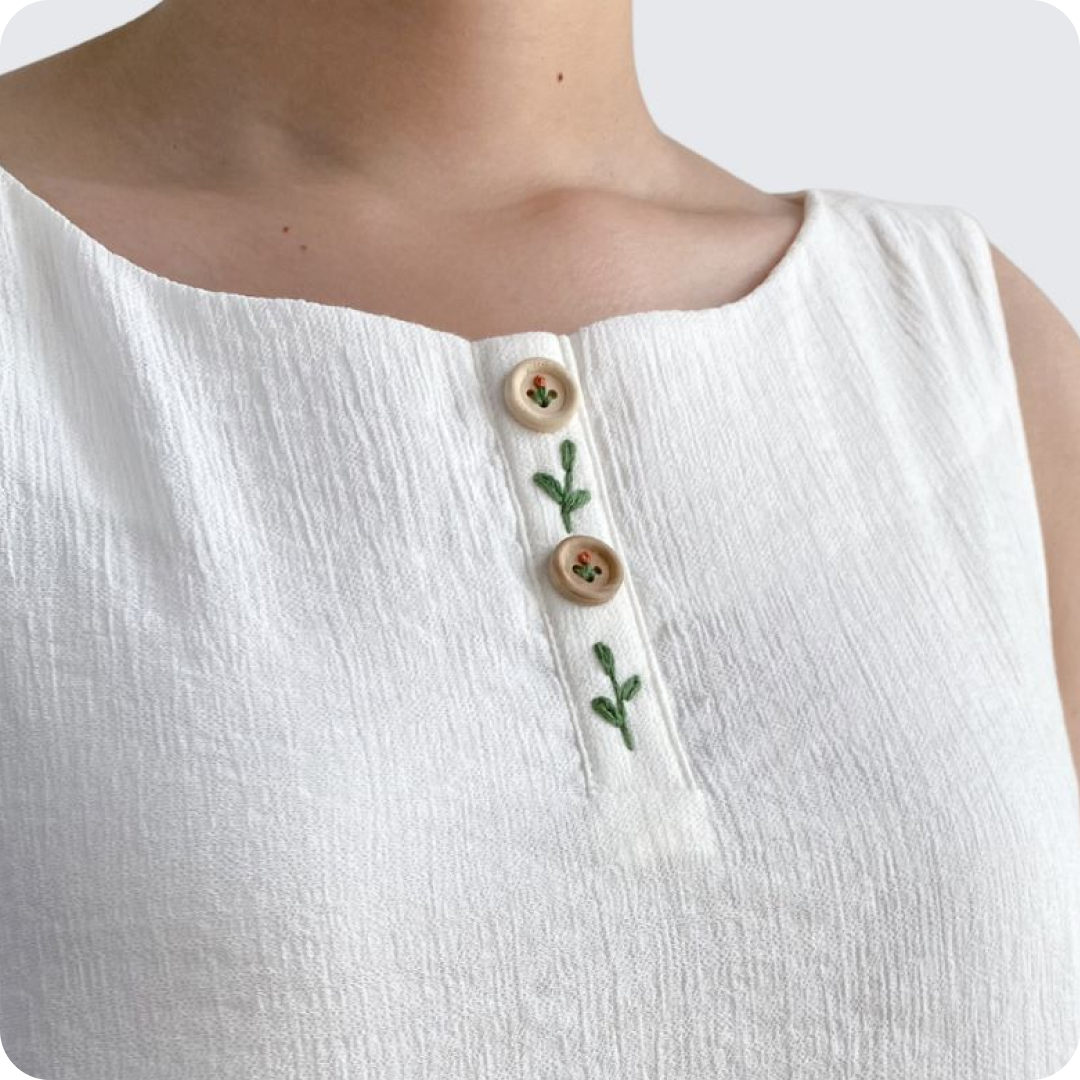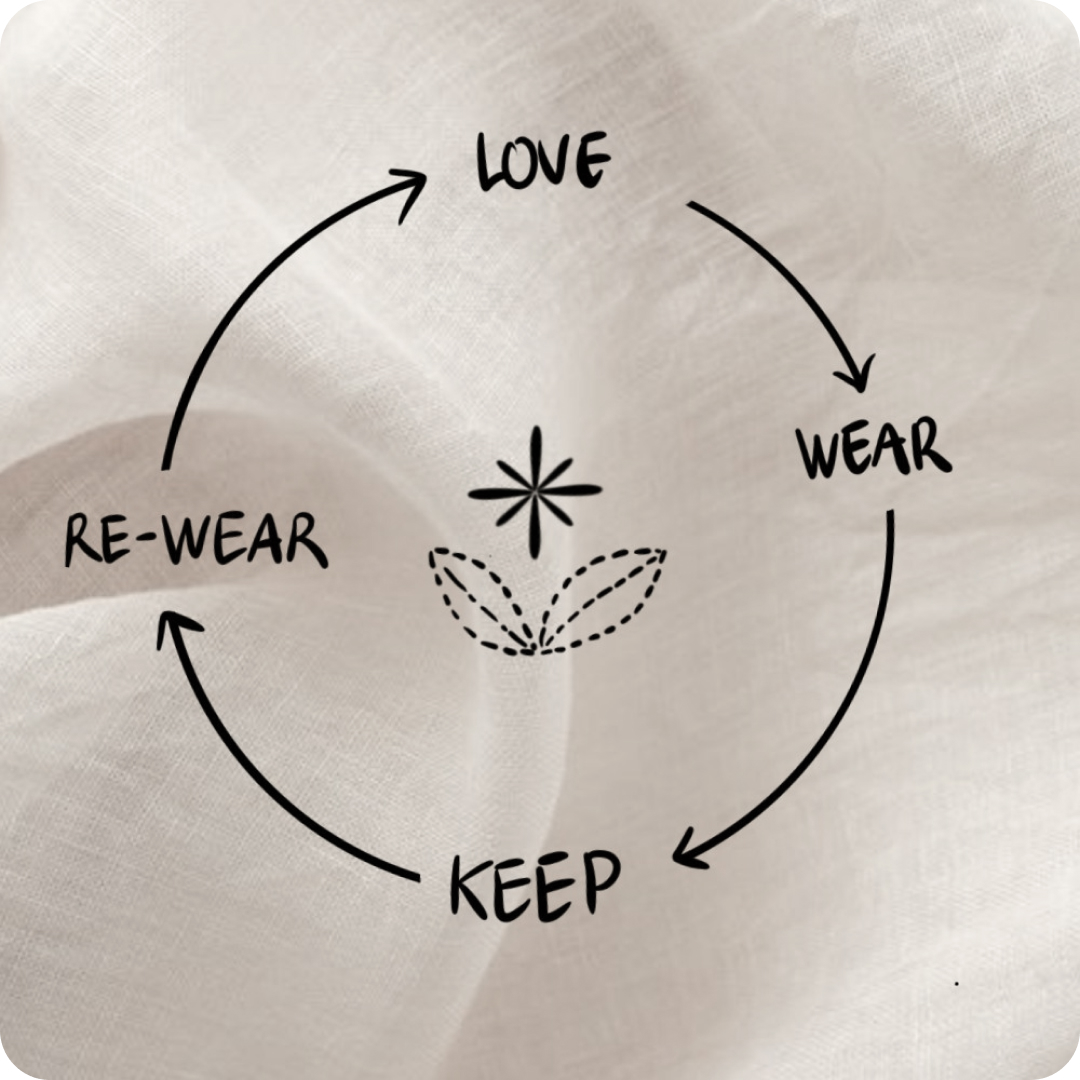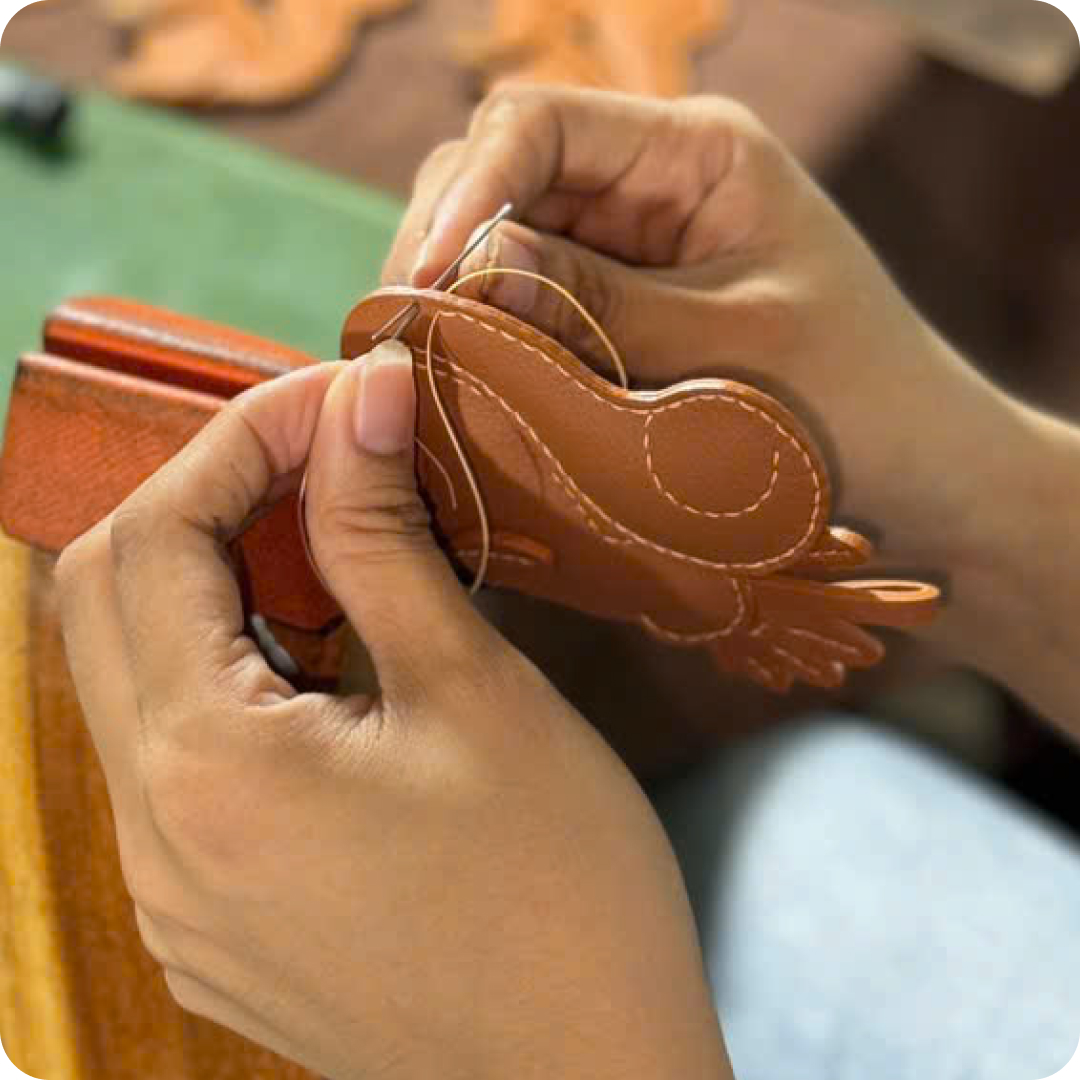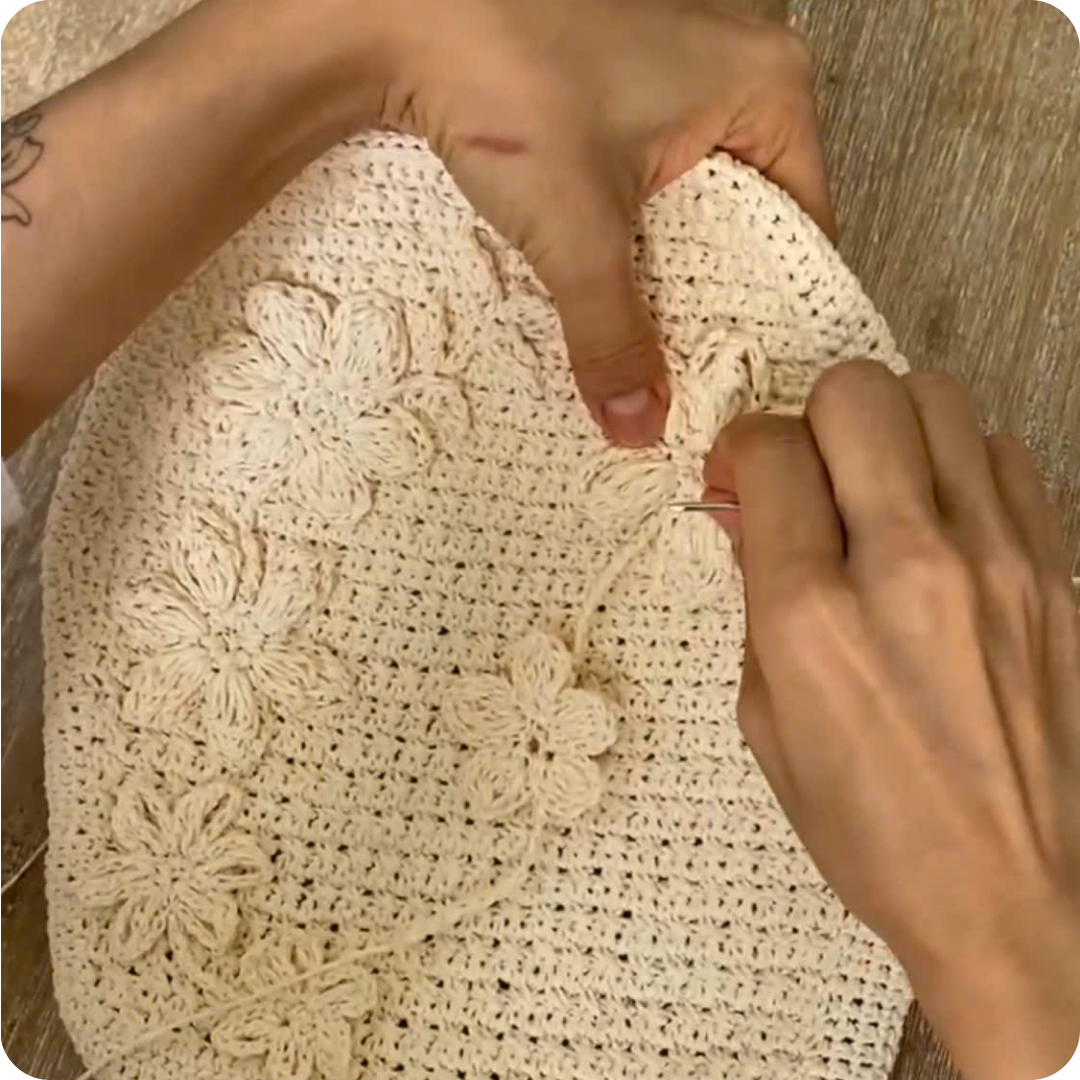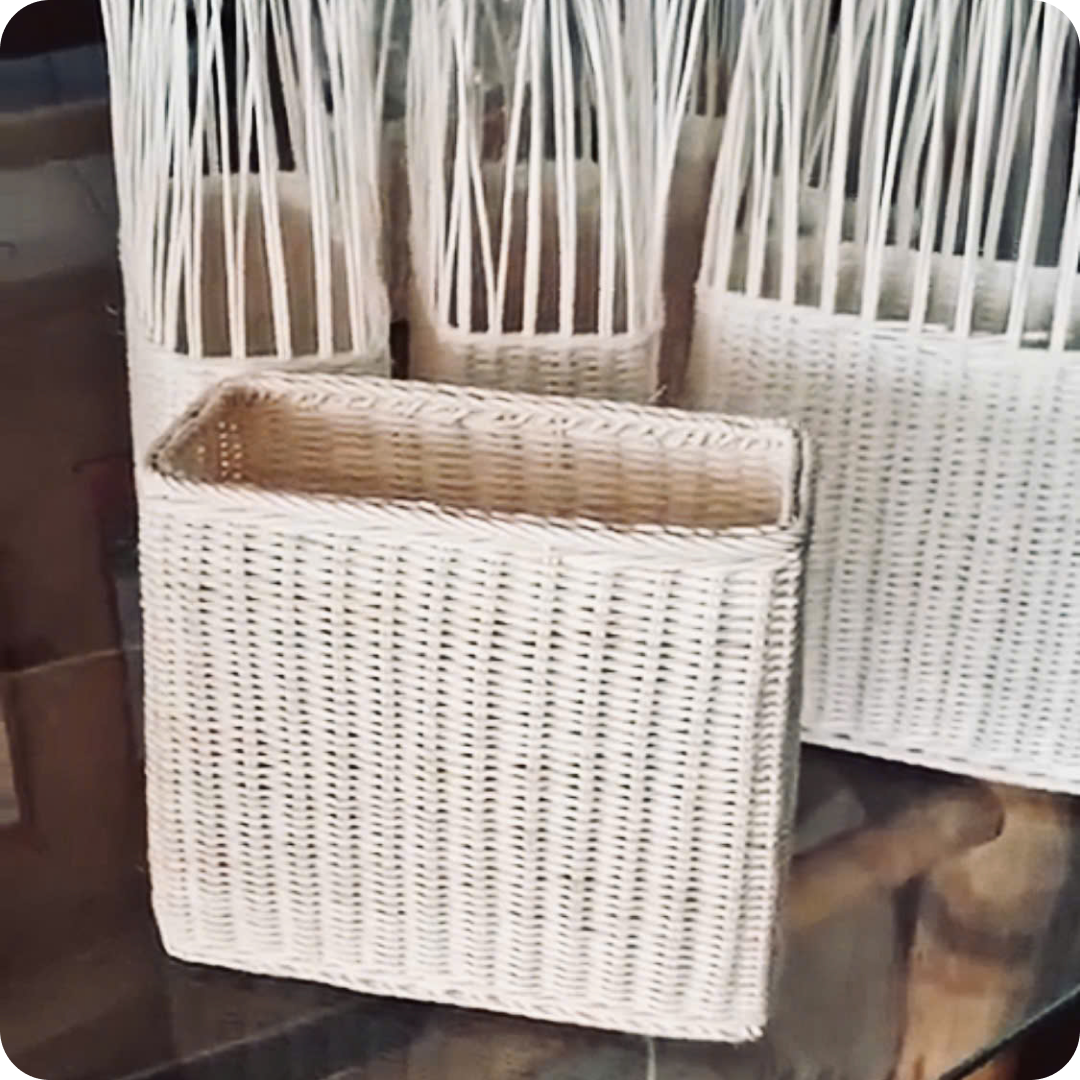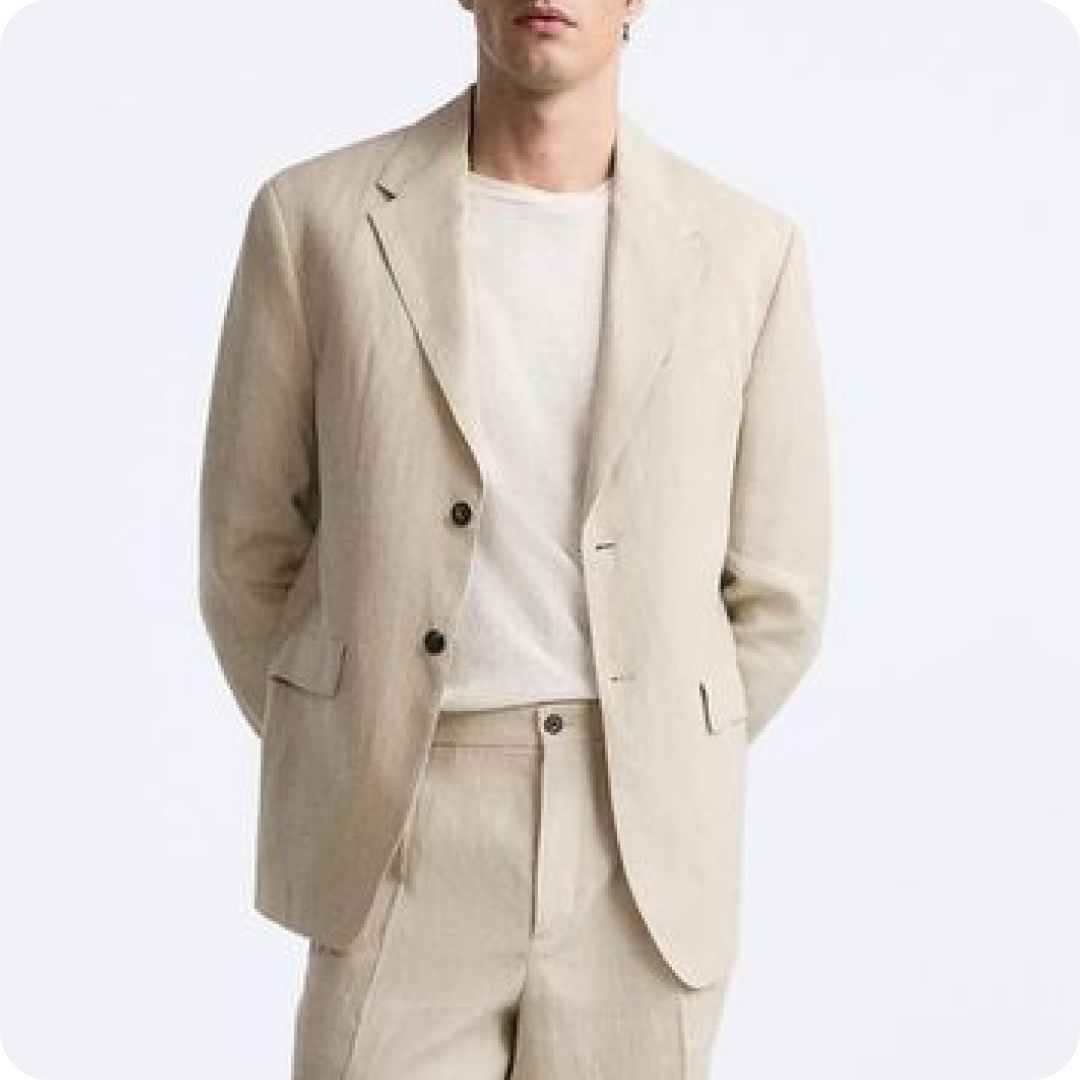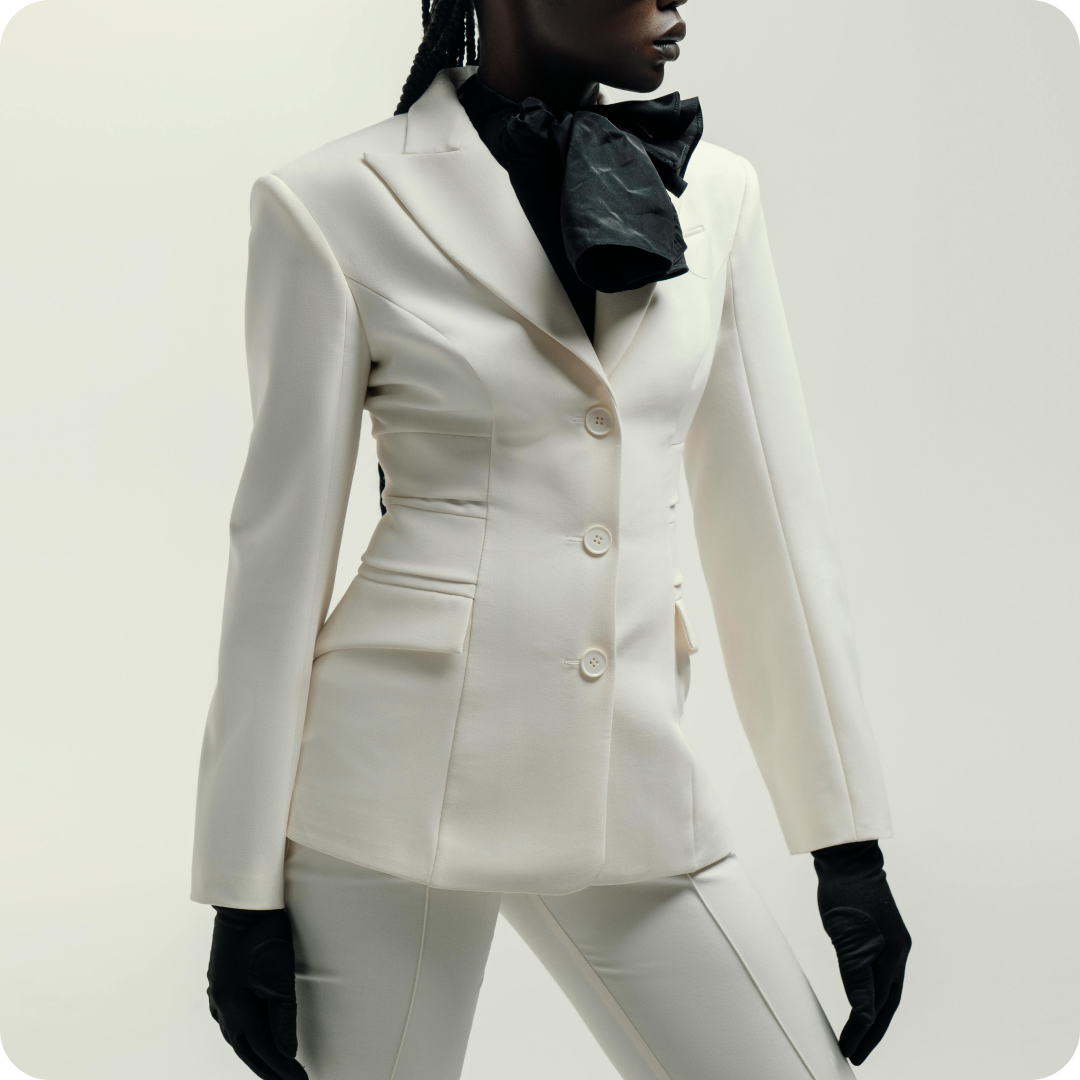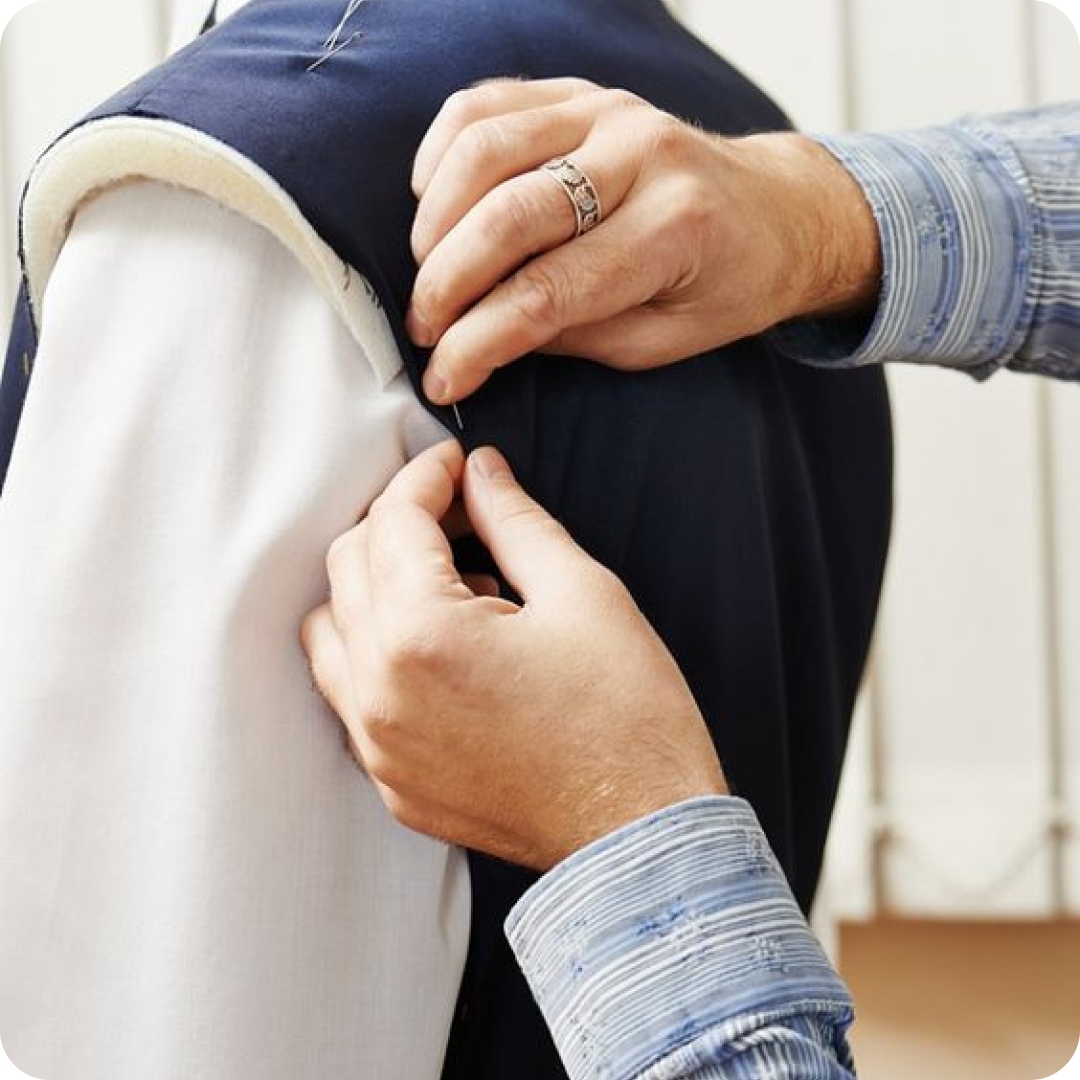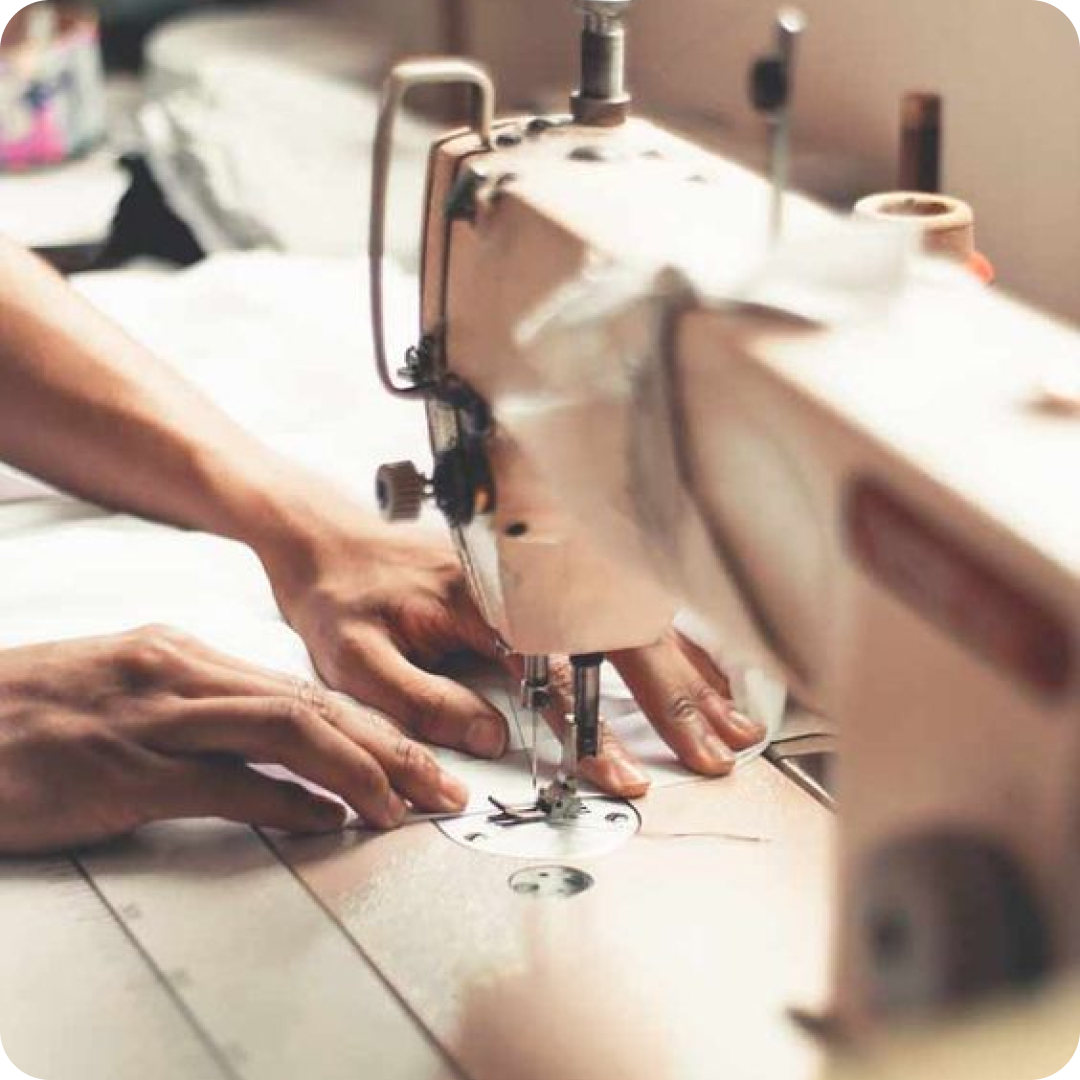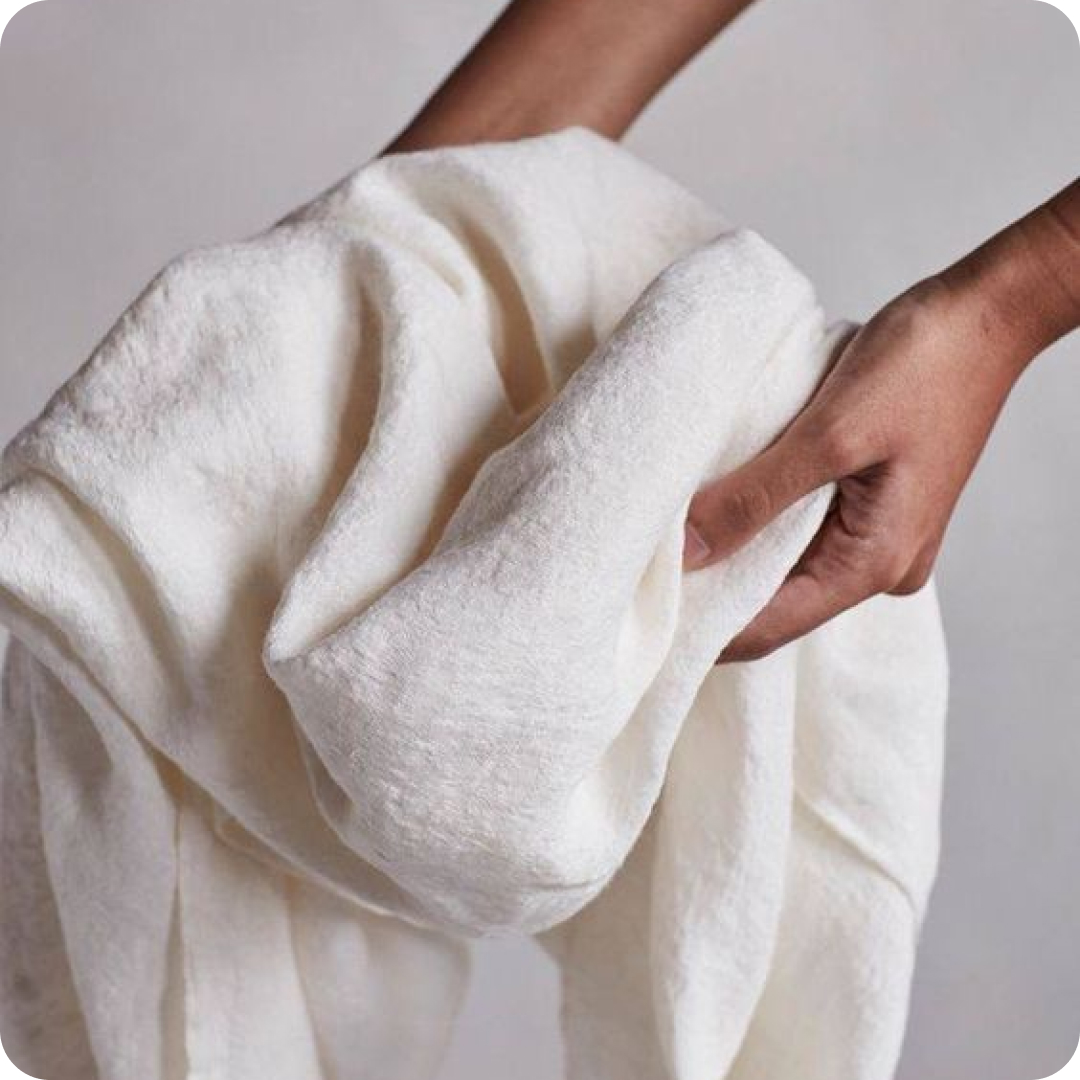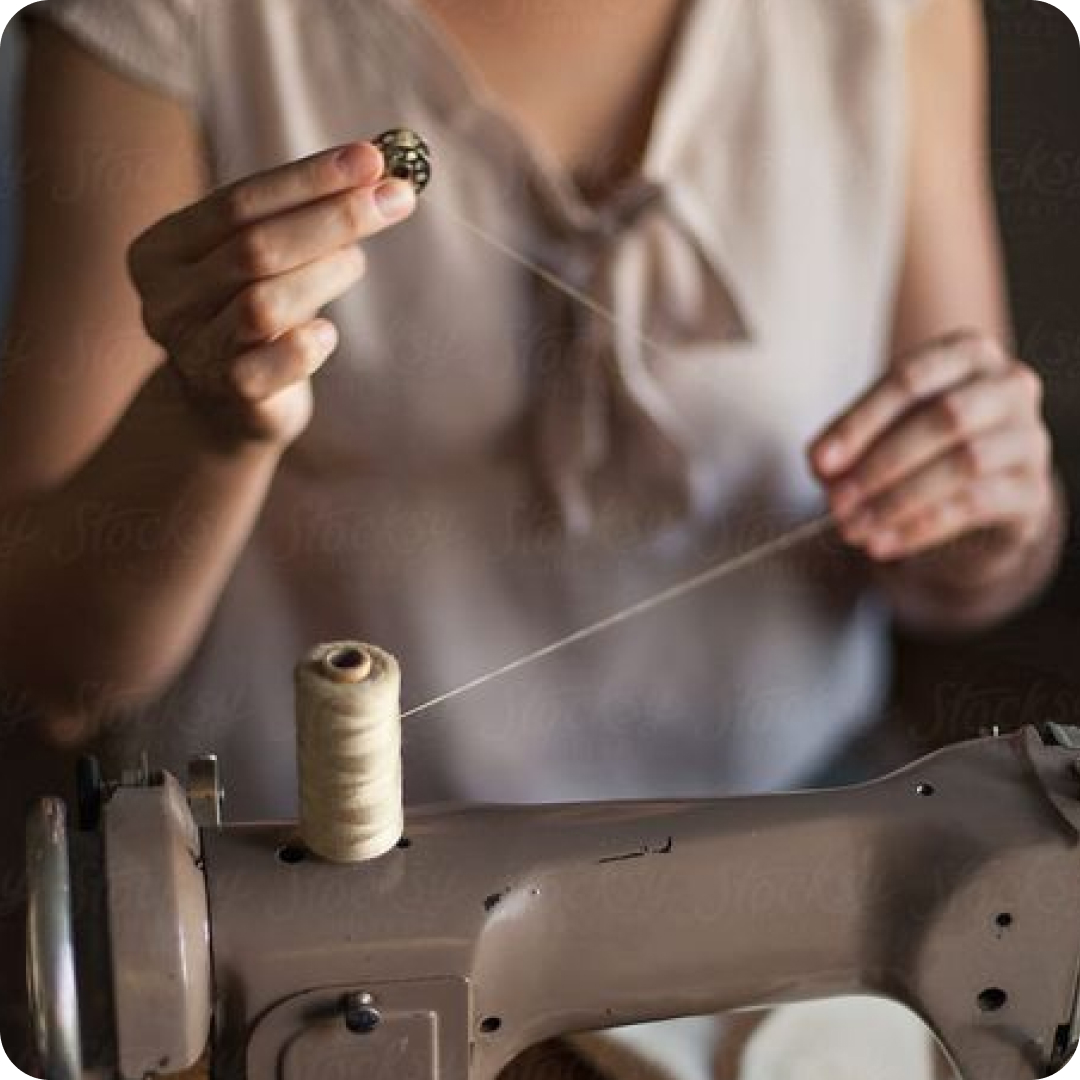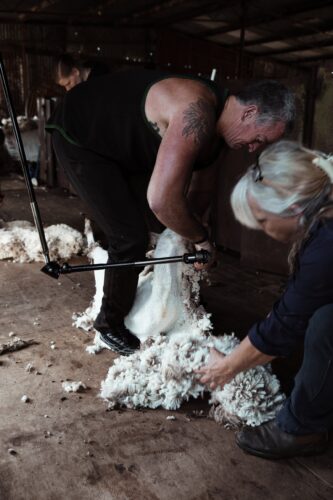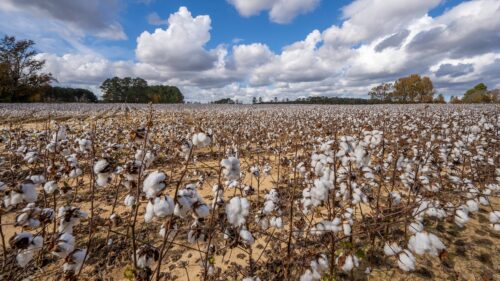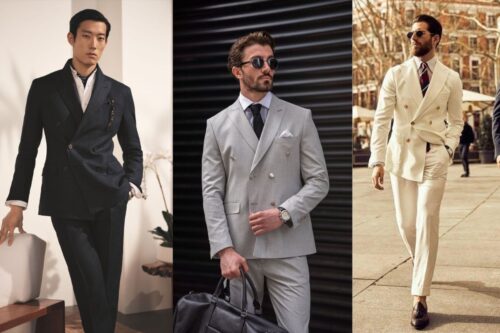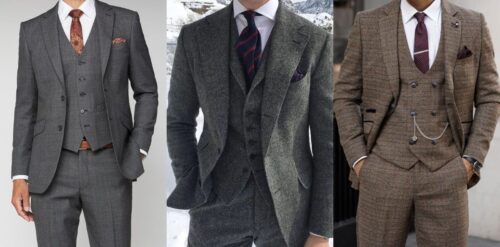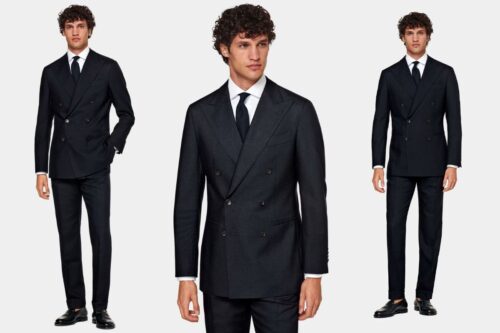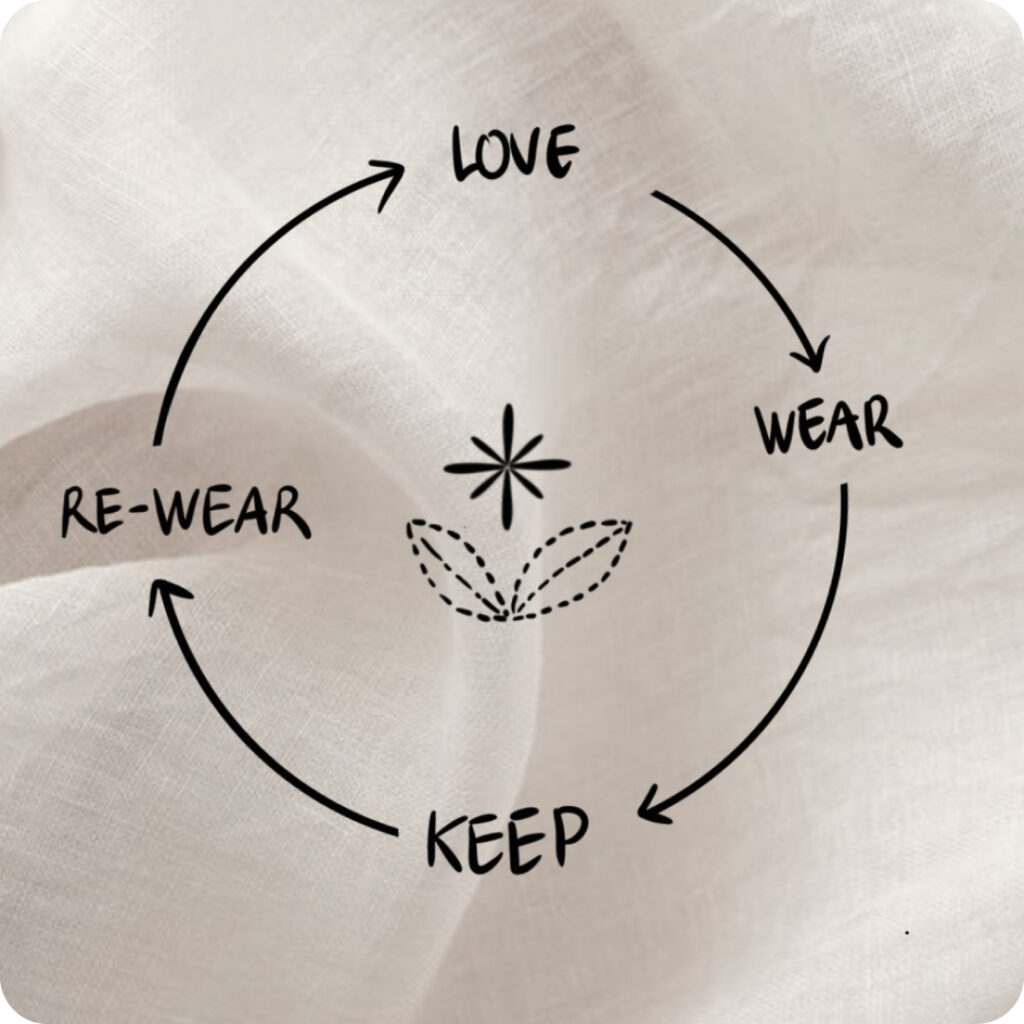Eco-Friendly Fashion: Protecting Animals
The Dark Side of Fashion
Fashion trends have long perpetuated the use of animal-derived materials, leading to significant harm to wildlife and the disruption of delicate ecosystems. The widespread demand for fur, exotic leathers, and other animal-based textiles has resulted in the suffering and endangerment of numerous species. This exploitation not only affects the individual animals but also has broader ecological repercussions.
The ethical consequences of using animal-derived materials in fashion are significant. Animals frequently experience cruel treatment during the acquisition of these materials, and the increasing demand for such products perpetuates a cycle of exploitation and suffering.
Additionally, the environmental impact of animal agriculture and the processes involved in leather and fur production is noteworthy, leading to greenhouse gas emissions, water contamination, deforestation, and the depletion of natural resources, worsening climate change, and ecological decline.
Fortunately, there are kinder and more ethical alternatives that can mitigate the detrimental effects of animal-derived materials in fashion. The emergence of innovative plant-based materials such as mushroom leather, pineapple leather, and apple leather offers durable, stylish, and eco-friendly choices that reduce the reliance on traditional leather production.
Eco-Friendly Fashion Alternatives: Preserving Wildlife and Ecosystems
The fashion industry, often celebrated for its creativity and innovation, has a dark side that involves the use of animal-derived materials, contributing to the unethical treatment of animals and environmental degradation. On the other hand, there is a growing awareness of the need to adopt more sustainable and ethical practices in the fashion sector.
One area of significant progress is the development of plant-based alternatives to traditional animal-derived materials.
Innovative materials such as mushroom leather, pineapple leather, and apple leather are transforming the industry by offering durable, stylish, and eco-friendly alternatives. These plant-based options are gaining traction, reducing the demand for traditional leather production and providing consumers with ethical choices that align with their values.
Sustainable options such as organic cotton and hemp are now recognized as environmentally friendly alternatives. These organic materials help diminish the use of detrimental chemicals and pesticides, consequently aiding in the preservation of ecosystems and supporting the welfare of agricultural workers.
In addition to their environmental benefits, organic cotton and hemp also offer economic advantages, reducing the reliance on harmful chemicals and pesticides, organic farming methods contribute to soil health and long-term agricultural sustainability.
Raising awareness regarding the necessity of animal protection and endorsing environmentally friendly fashion alternatives is pivotal for driving significant changes within the industry. This initiative transcends mere ethical considerations and plays a vital role in preserving biodiversity and paving the way for a more sustainable future.

